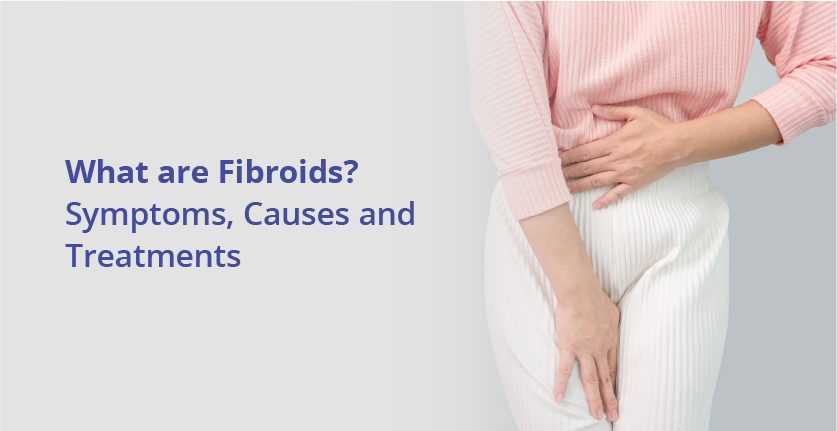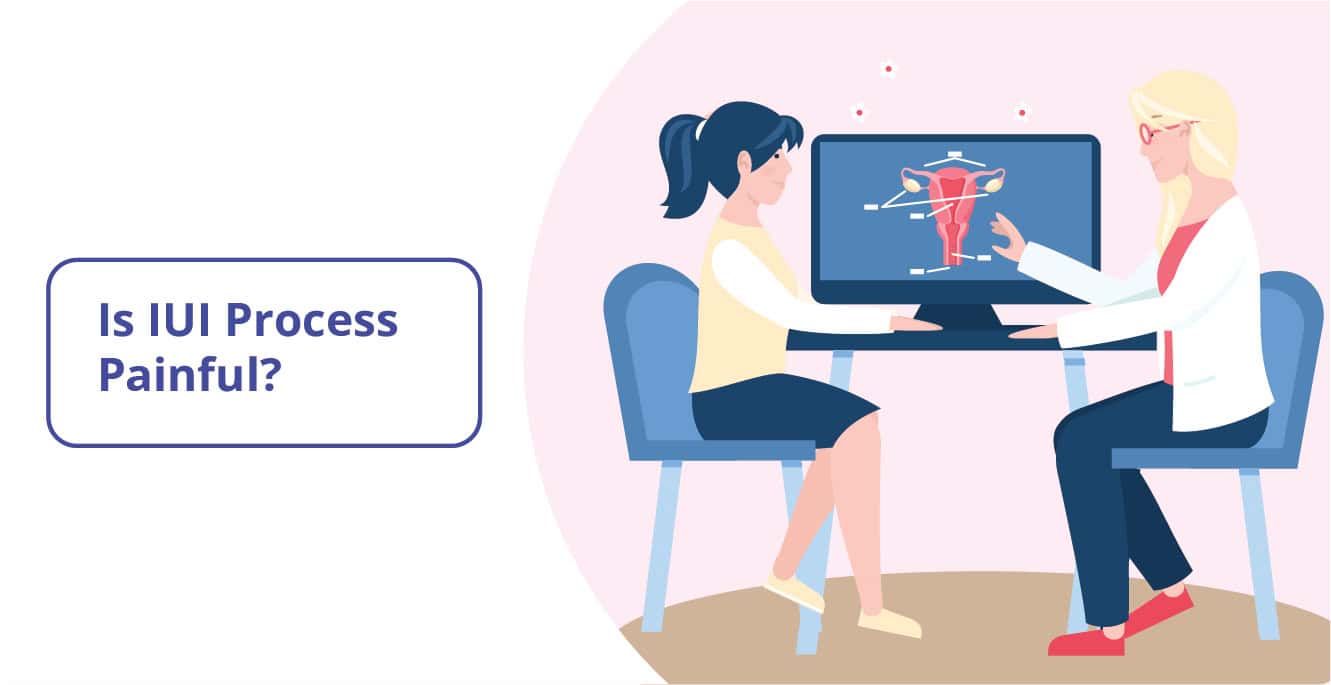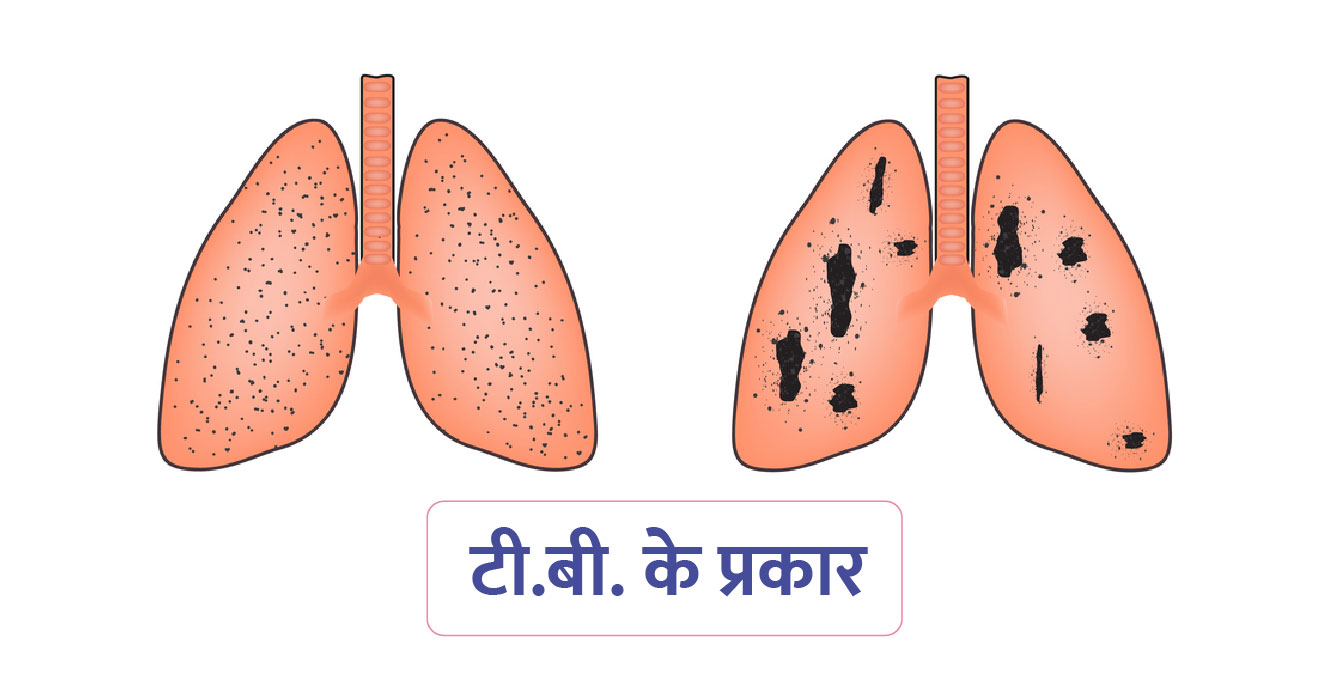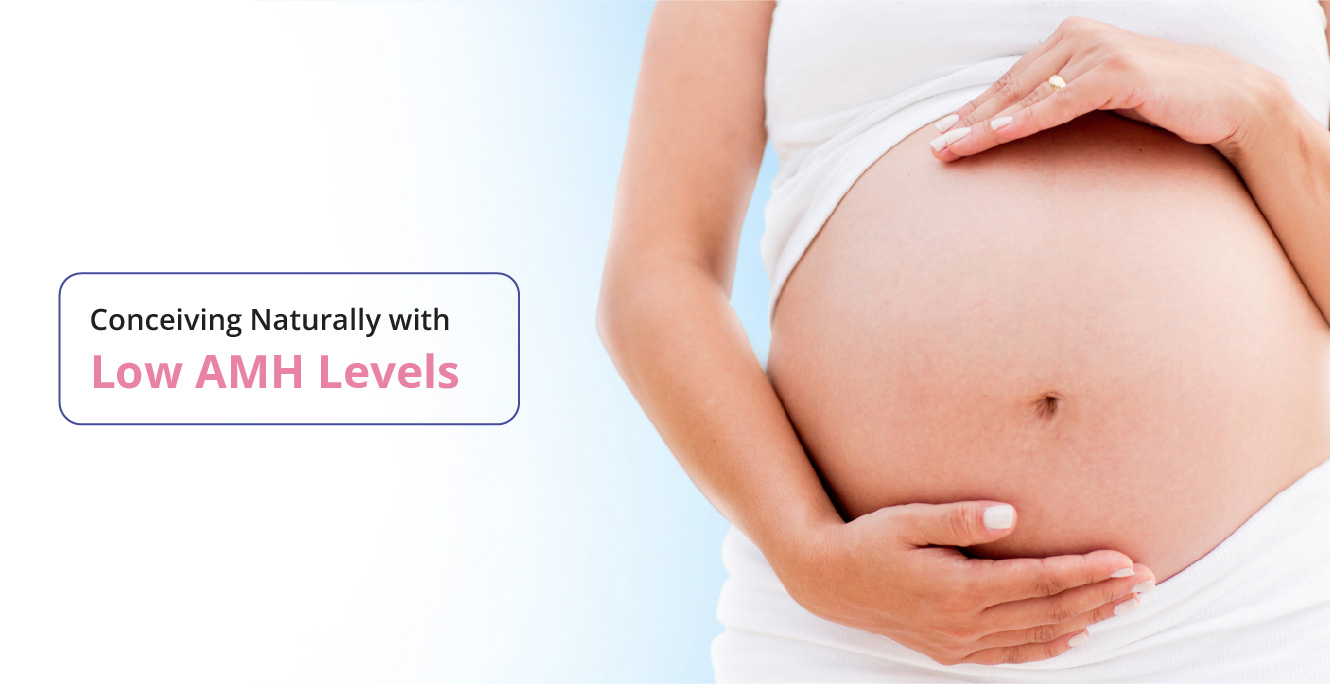Understanding IUI Injection and Trigger Shot: Purpose and Side Effects
- Published on May 17, 2024
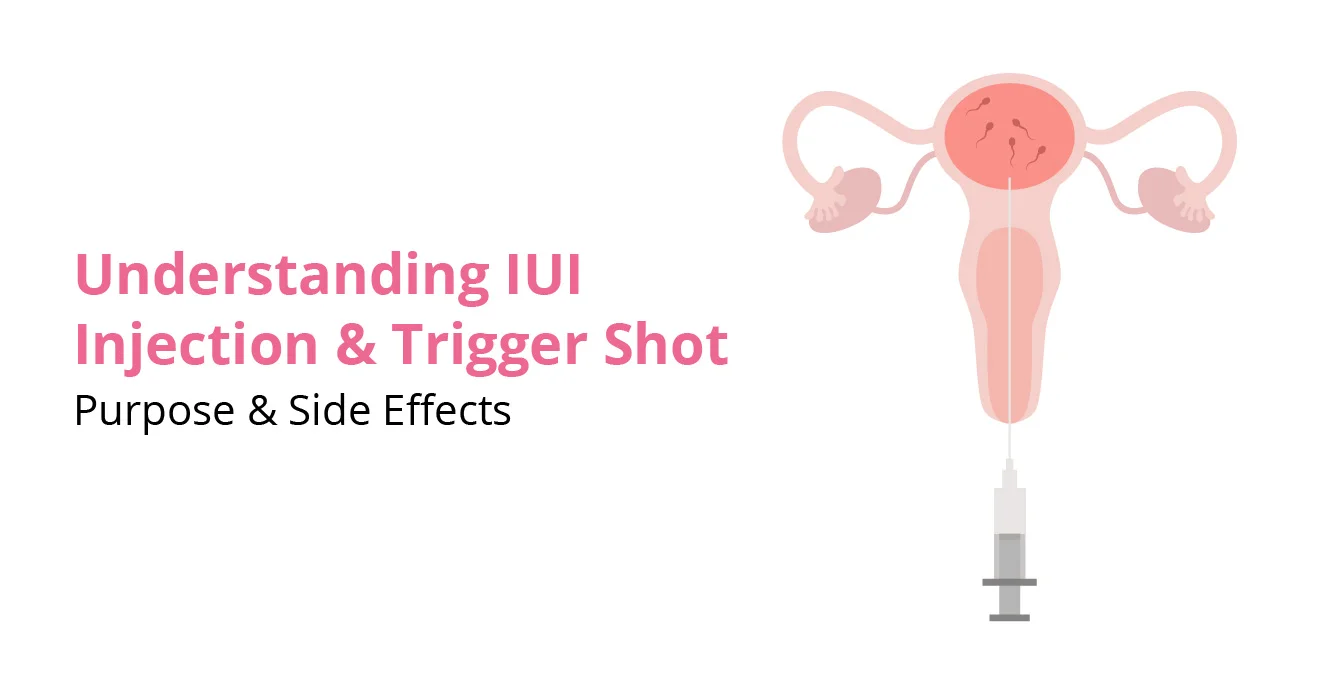
Beginning the journey towards starting a family can, at times, be fraught with challenges and concerns. A significant number of couples find themselves facing the obstacle of infertility, making the path to parenthood a bit more complicated than expected. In recent years, medical advancements have opened up a range of fertility treatments, broadening the options for aspiring parents. One such treatment is the trigger shot or intrauterine insemination (IUI) injection, a method often used in assisted reproductive techniques.
In India alone, approximately 27.5 million couples who are actively trying to conceive experience fertility problems. It’s no surprise then that understanding complex treatments like the trigger shot has become essential for many families on their path to parenthood.
So, what exactly is this ‘trigger shot’ and why is it utilised in fertility treatments? How does it work, and what side effects might one anticipate? These are just a few of the questions that we’ll address in this blog post as we delve deeper into the complexities of fertility treatment options available today.
Table of Contents
The Trigger Shot in Assisting Fertility Treatments
The IUI trigger shot plays a significant role in enhancing fertility treatment outcomes. As most are aware, timing is of the essence when it comes to fertility treatments, and the hCG trigger shot precisely offers that. The hCG hormone mimics the action of the luteinising hormone (LH), inducing ovulation at a reasonable time and thereby maximising the chances of successful conception.
Why is Timing So Crucial?
To understand the importance of an IUI injection, it’s necessary to appreciate the delicate timing involved in fertility treatments. Around 14 days before a woman’s next period, ovulation usually takes place. However, this timing can differ from woman to woman and from one cycle to the next. Precisely predicting ovulation can, therefore, be tricky. A missed timing could mean a missed opportunity for pregnancy.
This is where the IUI trigger shot comes into play. It regulates the timing of ovulation, ensuring that it occurs predictably after ovarian stimulation medications have stimulated the development of follicles in the ovaries.
How Does This Enhance Fertility Treatment Outcomes?
-
Coordination: The IUI injection coordinates various aspects of fertility treatment. It ensures that ovulation aligns with other procedures like IUI or egg retrieval in IVF.
-
Maximised Fertilisation Window: By triggering ovulation, it ensures that a released egg is available for fertilisation by sperm, thereby increasing the chances of successful conception.
-
Treatment Optimisation: Accurate timing increases successful outcomes in fertility treatments as it allows healthcare providers to synchronise various steps of the treatment process and enhance pregnancy chances.
-
Ovarian Stimulation: In some cases, an IUI injection coordinates ovulation with controlled ovarian stimulation where medications stimulate multiple follicle growth and maturation for obtaining multiple viable eggs for fertilisation.
|
Did you know? Did you know that the concept of triggering ovulation artificially, similar to the trigger shot used in modern fertility treatments, has been around for centuries? In ancient times, some cultures believed in using various natural substances, such as herbal remedies or animal gland extracts, to stimulate ovulation in women struggling with infertility. While the methods and understanding of fertility treatments have evolved significantly over time, the basic principle of inducing ovulation to enhance fertility remains a cornerstone of modern reproductive medicine. |
Understanding Potential Side Effects
Just like any medication, the IUI injection or trigger shot can have side effects. It’s important to remember that these are generally mild and transient, but it’s essential to be aware of them:
-
Injection Site Reactions: These could include pain, redness, or swelling at the injection site.
-
Ovarian Hyperstimulation Syndrome (OHSS): Although rare, OHSS might occur, especially in women undergoing ovarian stimulation with fertility medications. Symptoms might include abdominal pain, bloating, nausea, vomiting, and difficulty breathing.
-
Mild Ovarian Pain or Discomfort: Some women might experience ovarian discomfort after receiving the trigger shot.
-
Breast Tenderness or Swelling: This is due to hormonal changes induced by the medication.
-
Mood Changes: Hormonal fluctuations could lead to mood swings or emotional changes.
-
Headache: This is usually mild and transient.
-
Fatigue: Feeling more tired than usual because of hormonal changes isn’t uncommon.
-
Spotting or Light Bleeding: This symptom is typically minor and tends to resolve quickly.
The IUI trigger shot is a powerful tool in fertility treatments, ensuring timely ovulation and increasing the likelihood of conception. However, understanding its potential side effects is vital for informed decision-making and managing expectations appropriately.
It’s always essential to discuss any concerns with your healthcare provider before starting a fertility treatment plan.
Feel free to seek medical advice regarding fertility preservation options or any other fertility-related queries at Birla Fertility. Our compassionate and supportive team is here to help you on your journey towards parenthood. Schedule an appointment with us today!
FAQs
- When is the trigger shot administered in the IUI process?
The trigger shot is typically administered after ovarian stimulation medications have been used to stimulate follicle growth, and ultrasound monitoring confirms that the follicles are mature and ready for ovulation.
- Can the trigger shot increase the risk of multiple pregnancies?
A: Yes, there’s a risk of multiple pregnancies with the trigger shot, particularly if ovarian stimulation medications are used alongside it. Careful monitoring and dosage adjustments help minimise this risk.
- How soon after the trigger shot does ovulation occur?
Ovulation typically occurs within 24 to 48 hours after the trigger shot is administered. This timeframe is crucial for the success of the IUI procedure or timed intercourse, as it ensures that the released egg is available for fertilisation when the sperm is introduced into the reproductive tract. By closely monitoring the timing of ovulation following the trigger shot, fertility specialists can optimise the chances of successful conception and pregnancy.
- Is the trigger shot necessary for every IUI cycle?
The use of the trigger shot depends on individual factors such as ovarian reserve, response to ovarian stimulation medications, and the treatment protocol recommended by the fertility specialist.
- Can the trigger shot be self-administered at home?
In some cases, fertility clinics may provide instructions for patients to self-administer the trigger shot at home, while in other cases, it may be administered by a healthcare professional at the clinic.
- How can I ensure the success of IUI with the trigger shot?
Success with IUI and the trigger shot involves careful monitoring, adherence to treatment protocols, and open communication with your fertility specialist. Following pre-cycle instructions, attending monitoring appointments, and discussing any concerns or questions with your healthcare team can help maximise your chances of success.
Related Posts
Written by:
Dr. Sonal Chouksey
Consultant
Dr. Sonal Chouksey is an OBS-GYN, Fertility and IVF specialist with 16+ years of experience. She specializes in IVF, IUI, ICSI, IMSI, focusing on diminished ovarian reserve and recurrent failed IVF/IUI cycles. She has successfully treated complex cases of endometriosis, azoospermia, and recurrent pregnancy loss. A member of the Federation of Obstetrics and Gynaecological Societies of India, and the Indian Society of Assisted Reproduction, she actively contributes articles to various medical publications. Her patient friendly approach makes her truly caring and compassionate healthcare expert.
Bhopal, Madhya Pradesh
Our Services
Fertility Treatments
Problems with fertility are both emotionally and medically challenging. At Birla Fertility & IVF, we focus on providing you with supportive, personalized care at every step of your journey towards becoming a parent.Male Infertility
Male factor infertility accounts for almost 40%-50% of all infertility cases. Decreased sperm function can be the result of genetic, lifestyle, medical or environmental factors. Fortunately, most causes of male factor infertility can be easily diagnosed and treated.We offer a comprehensive range of sperm retrieval procedures and treatments for couples with male factor infertility or sexual dysfunction.
Donor Services
We offer a comprehensive and supportive donor program to our patients who require donor sperm or donor eggs in their fertility treatments. We are partnered with reliable, government authorised banks to source quality assured donor samples which are carefully matched to you based on blood type and physical characteristics.Fertility Preservation
Whether you have made an active decision to delay parenthood or are about to undergo medical treatments that may affect your reproductive health, we can help you explore options to preserve your fertility for the future.Gynaecological Procedures
Some conditions that impact fertility in women such as blocked fallopian tubes, endometriosis, fibroids, and T-shaped uterus may be treatable with surgery. We offer a range of advanced laparoscopic and hysteroscopic procedures to diagnose and treat these issues.Genetics & Diagnostics
Complete range of basic and advanced fertility investigations to diagnose causes of male and female infertility, making way for personalized treatment plans.Fertility Calculators
Empower your journey to parenthood with our fertility calculators. Accurate, personalized guidance for your fertility goals.





































